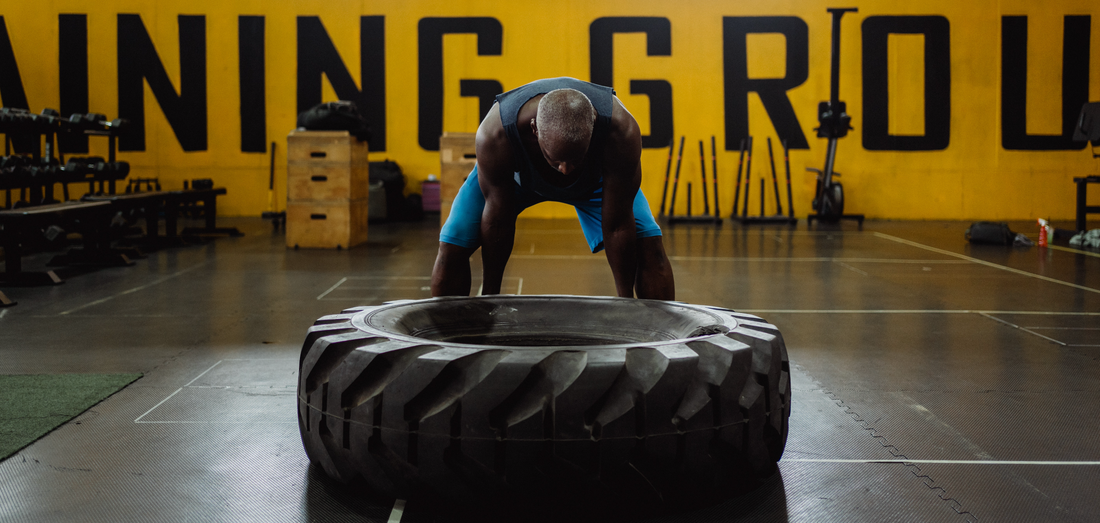It's estimated that nearly 20% of Americans live with some form of chronic pain, and for many people, exercise is one of the best ways to find relief. But for those with especially stubborn pain, even a moderate workout can be difficult—and that's where CBD comes in. CBD, or cannabidiol, is a non-psychoactive compound found in cannabis plants like hemp. Unlike THC, the other well-known compound in cannabis, CBD won't get you high. Instead, it's been shown to offer a range of potential health benefits, including reduced inflammation and pain relief.
For athletes and fitness enthusiasts who are looking for an edge, CBD is an intriguing option. But before you start adding it to your post-workout smoothie or taking it before your morning run, there are a few things you should know. In this article, we'll take a look at what the science says about CBD and exercise. We'll also give you some tips on how to use CBD safely and effectively as part of your workout routine.
How Does CBD Work?
CBD works by interacting with the body's endocannabinoid system (ECS). The ECS is made up of cannabinoid receptors that are found throughout the body. These receptors are involved in a wide range of functions, including pain perception, immune response, mood, and memory. When CBD binds to cannabinoid receptors, it can help to regulate these functions. This is why CBD has been shown to offer potential benefits like reduced inflammation and pain relief.
CBD And Exercise: What Does The Science Say?
Currently, there's a lack of research on the effects of CBD on exercise performance. However, there is some preliminary evidence to suggest that CBD may be beneficial for athletes and people who exercise frequently. For example, one study found that CBD was able to reduce exercise-induced inflammation in rats. This is important because inflammation can lead to muscle soreness and stiffness—two things that can put a damper on even the most dedicated workout routine.
Another study looked at the effects of CBD on human muscle recovery. The study found that people who took CBD immediately after exercising had reduced levels of creatine kinase (CK) in their blood. CK is an enzyme that's released into the bloodstream when muscles are damaged. So, lower levels of CK could indicate faster muscle recovery time.
It's important to keep in mind that these studies are small and more research is needed before any definitive conclusions can be drawn about the effects of CBD on exercise performance. However, the preliminary evidence does suggest that CBD may be helpful for reducing inflammation and promoting muscle recovery—two things that are essential for anyone who exercises regularly.
Pain and inflammation don't have to stop you from exercising!
If you're living with chronic pain or inflammation, exercise may be one of the last things on your mind—but it shouldn't be. Exercise is crucial for overall health and well-being, and it's an effective way to find relief from pain. For people with stubborn pain who find it difficult to exercise, CBD may be worth considering as part of their routine. Although more research is needed on the topic, there is some preliminary evidence to suggest that CBD could help reduce inflammation and promote muscle recovery after workouts. When used safely and effectively, CBD may be a worthwhile addition to your workout routine!
Want more? Follow us on Facebook & Instagram! @absoluteaid

